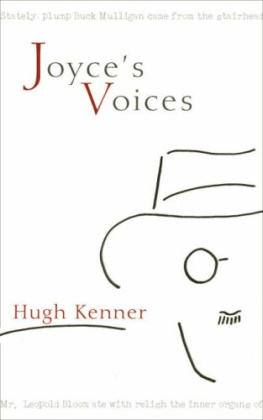[This page intentionally left blank.] | -6- Contents -7- [This page intentionally left blank.] | -8- Preface But you must know something, said Mr. Hackett. One does not part with five shillings to a shadow. Nationality, family, birthplace, confession, occupation, means of existence, distinctive signs, you cannot be in ignorance of all this. Utter ignorance, said Mr. Nixon. -- Watt This book, meant not to explain Samuel Beckett's work but to help the reader think about it, bears such evidence of Mr. Beckett's courtesy that I must caution the reader against mistaking it for an authorized exposition. That sort of misunderstanding will proliferate for decades, as anyone knows who has traced the course of the Joyce legend. Let me therefore, though the book could not have been written without its subject's assistance, put on record the exact extent of his contribution to it. He placed at my disposal three jettisoned typescripts: Mercier et Camier, Eleutheria, and "Premier Amour"; he answered such questions of fact and date as I thought it worth while to trouble him with; and during a conversation in the spring of 1958 he made various remarks which sometimes confirmed my hunches, sometimes corrected them, and sometimes suggested lines of thought on which I should not otherwise have stumbled. He denied, for instance, the presence in his work of some hidden plan or key like the parallels in Ulysses. Joyce, he recalled, used to claim that every syllable in the Joycean canon could be justified, but while that was -9- one way to write it was not the only way. He then suggested that overinterpretation, which appeared to trouble him more than erroneous interpretation, arose from two main assumptions: that the writer is necessarily presenting some experience which he has had, and that he necessarily writes in order to affirm some general truth (this knocks out most of the theories about Godot). He stated that he knew very little about the race of literary beings he called "my people"; no more, in fact, than appears in the books; this led to an anecdote about an actor who in despair threw over the part of Pozzo when the author was unable to enlighten him on a dozen points concerning the character's age, race, occupation, social status, education, philosophy of life. It was clear from the drift of his talk that if Godot, for instance, really crosses the stage under a pseudonym, or if Moran actually becomes Molloy, these events (to say the least) happen without the author's knowledge; nor is Miss Fitt, as has been conjectured, in the author's private mind the Dark Lady of the Sonnets. We are not, in short, like dogs excited by the scent of invisible meat, to snap after some item of information which the author grasps very well and is holding just behind the curtain. So to proceed is to misapprehend the quality of the Beckett universe, which is permeated by mystery and bounded by a darkness; to assail those qualities because they embarrass the critic's professional knowingness is cheap, reductive, and perverse. Like primitive astronomers, we are free to note recurrences, cherish symmetries, and seek if we can means of placating the hidden powers: more for our comfort than for theirs. I hope the reader finds these revelations too elementary to require stating; but since they are endorsed by a man who has been familiar with the Beckett universe longer -10- than the reader has, or than I have, it seems worth while to write them out. I ask him to believe, then, that Mr. Beckett exists, that he is capable of discussing what he has written, and that he said on a certain occasion approximately the things I have just set down, or things very like them. I also ask him to believe (for there were no human witnesses) that on leaving Mr. Beckett's apartment I became confused in the courtyard, and applying myself to the wrong door, instead of the street I blundered into a cul-de-sac which contained two ash cans and a bicycle. -11- [This page intentionally left blank.] | -12- The Man in the Room Who knows what the ostrich sees in the sand? -- Murphy Mr. Beckett's patient concern with bicycles, amputees, battered hats, and the letter M; his connoisseurship of the immobilized hero; his preoccupation with footling questions which there isn't sufficient evidence to resolve; his humor of the short sentence; his Houdini-like virtuosity (by preference chained hand and foot, deprived of story, dialogue, locale): these constitute a unique comic repertoire, like a European clown's. The antecedents of his plays are not in literature but--to take a rare American example--in Emmett Kelly's solemn determination to sweep a circle of light into a dustpan: a haunted man whose fidelity to an impossible task--quite as if someone he desires to oblige had exacted it of him--illuminates the dynamics of a tragic sense of duty. ("We are waiting for Godot to come--Or for night to fall. We have kept our appointment and that's an end to that. We are not saints, but we have kept our appointment. How many people can boast as much?") The milieu of his novels bears a moral resemblance to that of the circus, where virtuosity --to no end--is the principle of life, where a thousand variations on three simple movements fill up the time between train and train, and the animals have merely to pace their cages to draw cries of admiring sympathy that are withheld, whatever his risks, from the high-wire -13- acrobat: the spectators settled numbly in their ritual of waiting, the normal emotions of human solidarity not perverted but anesthetized. Anesthetized, as at a rite: an execution, for instance. The clown's routine is a pantomime dialogue with his executioners, who paid for their tickets in that universe to which he has no access, outside the tent. So Mr. Beckett's Unnamable, in a place which is merely perhaps the inside of my distant skull where once I wandered, now am fixed, lost for tininess, or straining against the walls, with my head, my hands, my feet, my back, and ever murmuring my old stories, my old story, as if it were the first time, cringes from unspecified Others: Perhaps they are watching me from afar, I have no objection, as long as I don't see them, watching me like a face in the embers which they know is doomed to crumble, but it takes too long, it's getting late, eyes are heavy and tomorrow they must rise betimes. So it is I who speak, all alone, since I can't do otherwise. This clown, a sort of 4 A.M. Pagliacci, is an extreme case, his language an anxious audible dumb show, in a work from which Beckett has succeeded in abolishing all content save the gestures of the intellect: immaculate solipsism compelled (this is the comic twist) to talk, talk, talk, and fertile in despairing explanations of its own garrulity ("It is all very well to keep silence, but one has also to consider the kind of silence one keeps."). Another of his personae, a tattered outcast in the classic clown's outfit--clothes too long and too tight, bowler hat, pants supported by a necktie--manifests a finer self-sufficience. He is leaning against a wall plying his trade ("I shifted my |
|
|
|
|
|

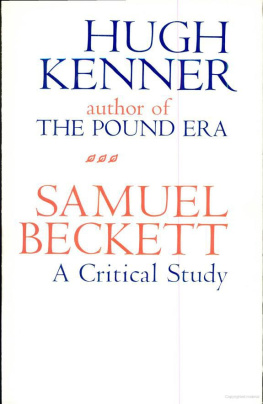
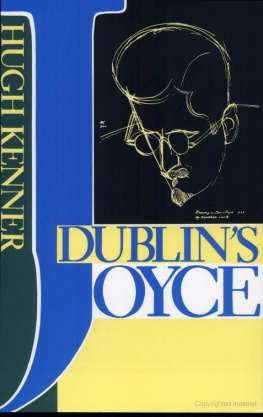

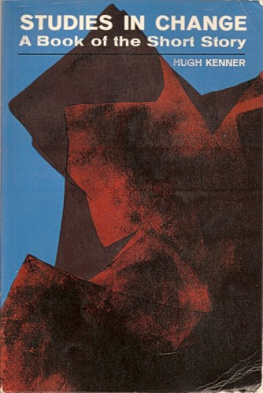
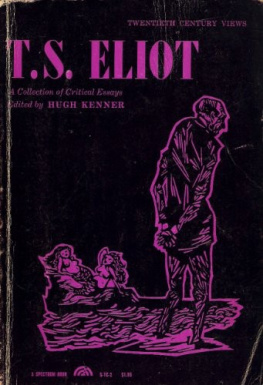
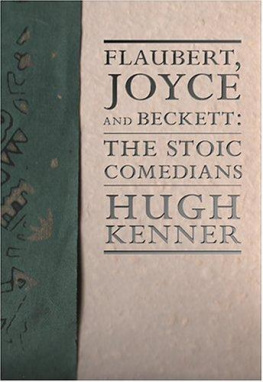
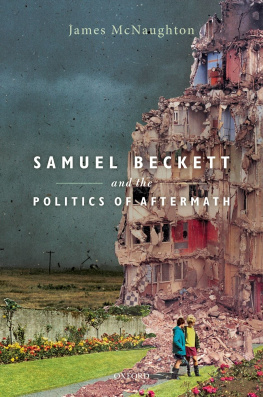
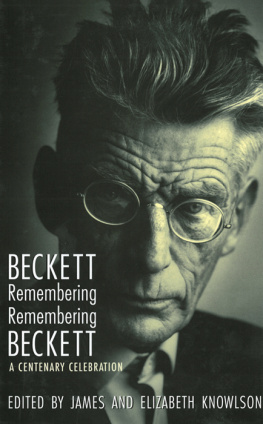
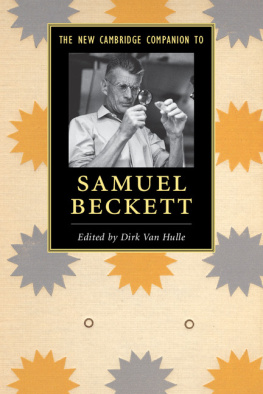
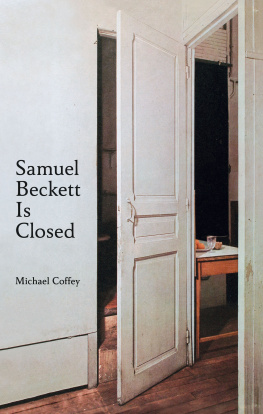
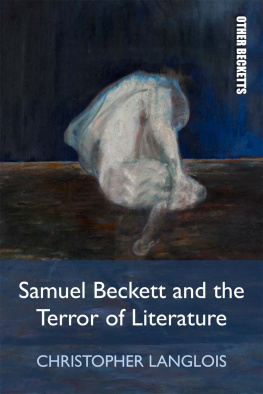
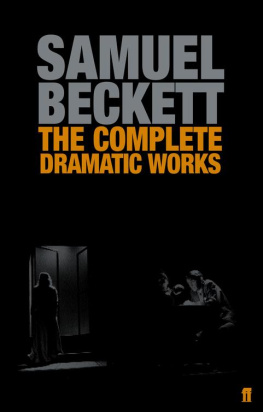
![Samuel Beckett [Samuel Beckett] - The Complete Dramatic Works](/uploads/posts/book/72751/thumbs/samuel-beckett-samuel-beckett-the-complete.jpg)
